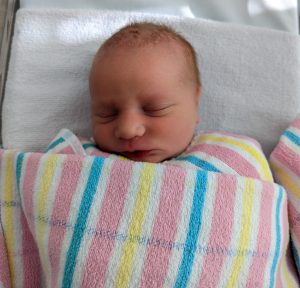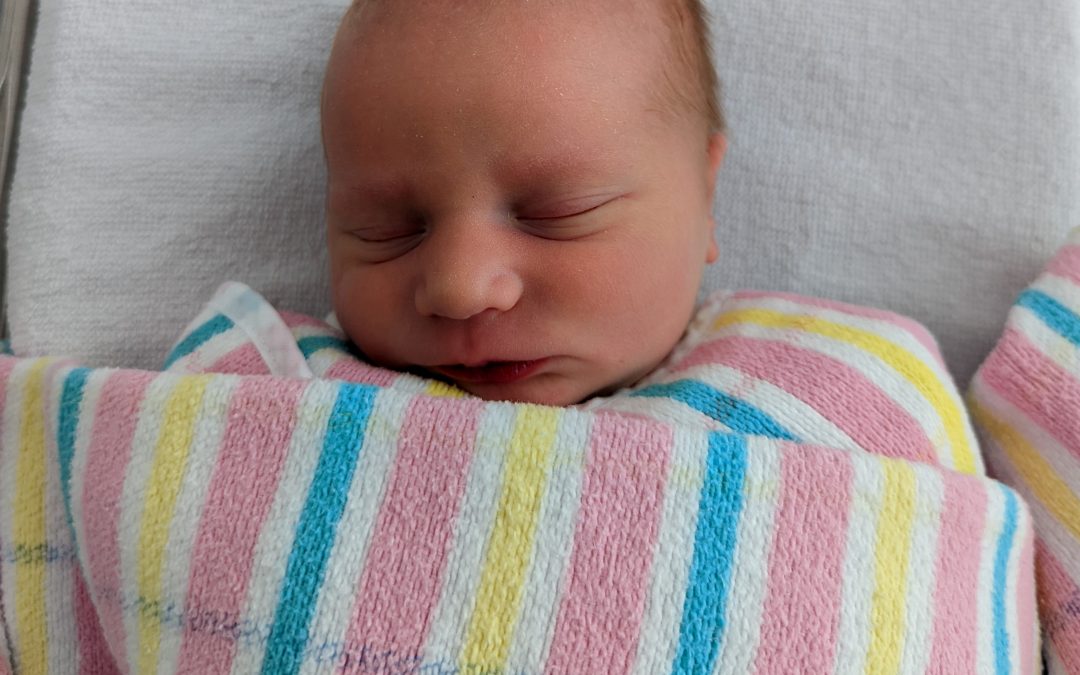Cassandra and her husband saw me at 13 weeks gestation in her second pregnancy.
Cassandra was anxious about continuing the unplanned, but now wanted, pregnancy because of what she had been told after her previous pregnancy in 2013. That pregnancy was complicated by HELLP Syndrome diagnosed at 33 weeks.
HELLP (which is an anacronym for Haemolysis (breakdown of red blood cells), Elevated Liver enzymes (abnormal live function) and Low Platelets (platelets are necessary for blood clotting)) syndrome is a life-threatening pregnancy complication usually considered to be a variant of preeclampsia. The condition is so seriously life threatening that the pregnancy is ended when HELLP Syndrome is diagnosed, irrespective of the gestation of the pregnancy. That often means a preterm delivery.
In her first pregnancy Cassandra had been managed at a local teaching hospital as a public patient. Because she developed HELLP syndrome her labour was induced at 33 weeks gestation. She had a spontaneous vaginal delivery of a boy weighing 2.9 kg. She was advised by the doctors managing her that she should not have another baby because of the risk of the recurrence of HELLP Syndrome and its adverse health implications.
So, when I met Cassandra and her husband, they said they were keen to continue the pregnancy but were very anxious about doing so in view of what she had been told after her last pregnancy.
I advised them of the risk of recurrence of HELLP Syndrome. The reported risk of recurrence of HELLP syndrome in a subsequent pregnancy varies between about 10 and 65%. It is usually considered about 20%. It is usually milder if it does recur.(1,2,3)
I told them there was a greater chance it would not recur. If it did recur it was likely to be milder. As well, it would most likely be at a gestation that would mean there would be a viable pregnancy outcome for their baby. As well in her favour was in the previous pregnancy HELLP Syndrome was diagnosed in the 3rd trimester and was only quite mild. She did not require admission to the hospital’s Intensive Care Unit (ICU).
I reassured them that I supported their decision to continue the pregnancy. I advised them of prophylactic measures that could be taken to help minimise the risk of recurrence. I commenced her on low dose aspirin and Clexane injections. This was also because she had a history of a right leg deep vein thrombosis. I advised she and her baby would need close monitoring during the pregnancy.
The other consideration is that they are not in a health fund. I said to her while I would be very happy to look after her in pregnancy, they needed to consider the financial implications of being an uninsured private patient particularly if she developed HELLP syndrome and especially in the unlikely event of requiring admission to ICU and if the baby was born prematurely and required admission to the SCBU. The cost would be significant. I advised them that financially it would be in their interest to be managed at the local public hospital as a public patient. They were hesitant about this option but could understand my logic.
Cassandra did not want to rebook at the same public hospital she attended last time. She decided to book at a different public hospital for confinement and to see me privately for pregnancy care.
Cassandra had more frequent antenatal visit than usual. As well she was seen on several occasions at the public hospital she had booked for confinement. There was regular clinical monitoring, biochemical monitoring and ultrasound monitoring (both with me and through a pregnancy ultrasound unit). I advised her to stop the Clexane and aspirin at 37 weeks. Blood thinner medications are likely to increase bleeding with delivery.
When she was 38 weeks gestation she presented to hospital in spontaneous labour. She laboured well and went on to have spontaneous vaginal delivery with an intact perineum. Her son was born in excellent condition and has a birth weight of 3.1Kg
Cassandrea saw me for her 6-week postnatal visit. All was well for her and baby. She was very pleased how her pregnancy went and was managed. She was extremely happy with my care. She was very grateful I supported her decision to continue the pregnancy.
If a woman had HELLP Syndrome or severe preeclampsia in her pregnancy sometimes a doctor will advise against a future pregnancy to err on the side of caution for her safety and well-being. However, even a well-meaning obstetrician may not have the experience to provide this advice. While Cassandra had attended a very busy teaching hospital in her first pregnancy this is what had happened to her. I am certainly not understating the health risk of HELLP syndrome, but a history of it in the previous pregnancy should not be reason to advise a woman it is too dangerous for her to have another baby.


